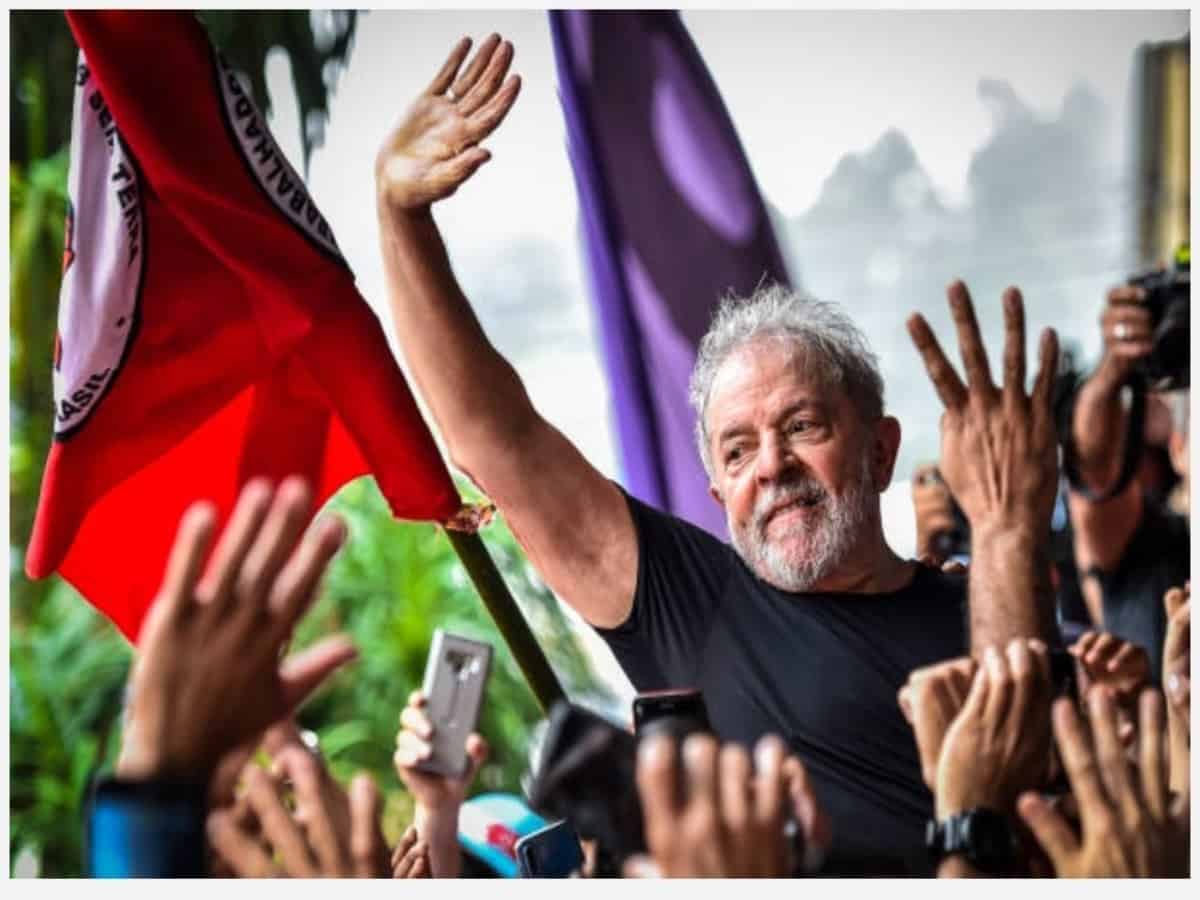
From being imprisoned and banned from contesting elections in 2018 to winning over the far-right leader Jair Bolsanaro, Brazil’s new President-elect Lula da Silva on October 31 scripted a dramatic come back.
Competing against his bitter rival from the Liberal Party, da Silva of the Workers’ Party secured 50.9 percent votes to regain the office. However, the recently concluded election has created a major divide among the people. It is to be noted that da Silva was found guilty of accepting bribe from a major construction firm to award them a contract of the national oil company Petrobras.
The left leader, who has walked with contemporaries like FIdel Castro from Cuba, spent 580 days in prison before his conviction was overturned. In his victory speech, da Silva said, “They tried to bury me and I am here.” Since the declaration of results, congratulations have been in order for the Workers’ Party leader, as world leaders from US President Joe Biden to Indian Prime Minister Narendra Modi wishing him well.
Supporters of the former president Bolsanaro believed he would retain power despite the backlash from the media. The right-wing continues to label the Workers’ Party leader as a “thief” for the aforementioned episode. Even though Bolsanaro is out of office, a number of Liberal Party members won majority in the Congress.
Lula da Silva is slated to assume office on January 1, 2023 and is likely to face stiff opposition to his policies. It is to be noted that this will be his third term as President. He previously held the office in 2003 and 2010, and is likely to forge alliance with like-minded leaders.
Geraldo Alckmin, a former rival has been chosen as Vice-presidential candidate by Da Silva. Bolsanoro is yet to make a speech conceding the elections. While the elections were on, the far-right leader, did not make any comments on Brazil’s electronic voting system.
However, prior to the second round, Bolsanaro said, “There is not the slightest doubt. Whoever has more votes, takes it. That’s what democracy is about. A few news reports stated that on election day police stopped buses carrying voters in order to check them. This move was viewed by da Silva’s campaign as an attempt to prevent them from voting.
Later, the electoral court stepped in and ordered the police to remove all barricades and ensure a peaceful conduct of voting. With the elections been closely observed by environmental activists across the world, Da Silva resolved to do his best to save the Amazon forests. “We are open to international cooperation to save Amazon” he said.
The Workers’ Party leader further said that the government would take meassures to solve hunger, which currently affects 33 million Brazilians. The president-elect gained popularity for lifting his countrymen out of poverty in the previous two terms.
However, the availability of funds to address the financial issues in the post-pandemic period would be a major challenge for da Silva.
